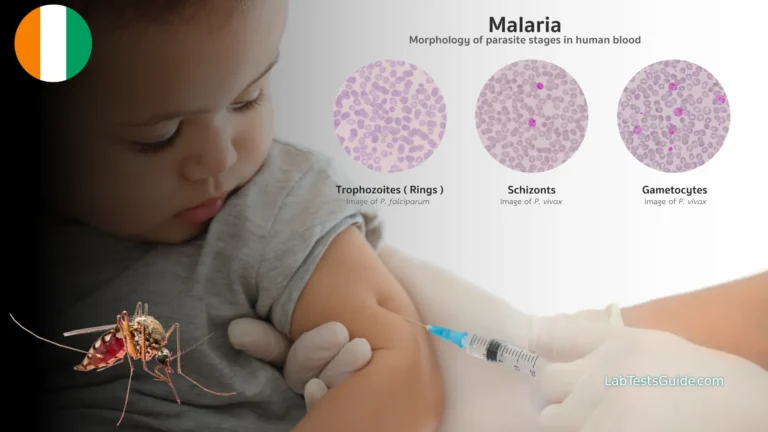A new blood test could help spot early warning signs of diabetes, heart, and liver disease in children. Researchers from King’s College London say lipid analysis can revolutionize obesity-related disease detection.

- New blood test could detect obesity-related health risks in children early.
- Lipid analysis provides an innovative approach for assessing diseases linked to metabolism.
- Study from King’s College London identifies key lipids affecting heart disease, liver disease, and diabetes risk in children.
- Published in Nature Medicine, this research challenges the traditional view that weight is the primary cause of these diseases.
New Blood Test Could Identify Early Health Risks for Children with Obesity
A new blood test that examines lipid profiles may help identify children at risk of developing serious health issues such as type 2 diabetes, heart disease, and liver disease, according to a study by researchers at King’s College London. The study, published in Nature Medicine, provides groundbreaking evidence that monitoring fatty acids in the blood could serve as an early warning system for obesity-related health complications.
The researchers found that machines already in use for testing blood plasma in infants could be adapted to detect early signs of metabolic diseases in children. By analyzing thousands of lipid molecules, the test offers a broader and more accurate picture of health risks than traditional cholesterol tests.
Dr. Cristina Legido-Quigley, the lead author of the study, emphasized the potential of this test to transform healthcare: “For decades, we’ve categorized lipids into good and bad cholesterol. However, this new test allows us to evaluate a wider array of lipid molecules, which could serve as early indicators for diseases like diabetes.”
The study assessed blood samples from 1,300 children with obesity, identifying lipid markers associated with increased risks of diabetes, insulin resistance, and hypertension. Despite limited changes in the children’s body mass index (BMI), the lipid levels showed significant improvement after a year of lifestyle interventions based on the Holbaek-model, a Danish program aimed at managing obesity.
Dr. Karolina Sulek, a key researcher at the Steno Diabetes Centre Copenhagen, highlighted the importance of early intervention: “Recognizing children at risk early on is crucial for preventing life-threatening diseases. This study underscores the need for effective obesity management strategies.”
The findings challenge the prevailing belief that weight alone drives metabolic health problems in children. Instead, lipid profiles offer a more nuanced understanding of how obesity affects metabolic health, opening the door to more targeted treatments.
Researchers are now focused on how genetic factors influence lipid profiles and how lifestyle changes can be used to modify these lipids, potentially preventing serious diseases before they develop.
As obesity continues to be a major risk factor for conditions like fatty liver disease, the study provides hope that earlier detection through this innovative blood test could improve long-term health outcomes for children.
References:
- New blood test could be an early warning for child diabetes – study – Independent.co.uk
- New blood test could be an early warning for child diabetes – kcl.ac.uk
- New blood test could help spot children at risk of serious illnesses, study finds – The Guardian
- New blood test identifies obesity-related health risks in children – News Medical
Possible References Used







